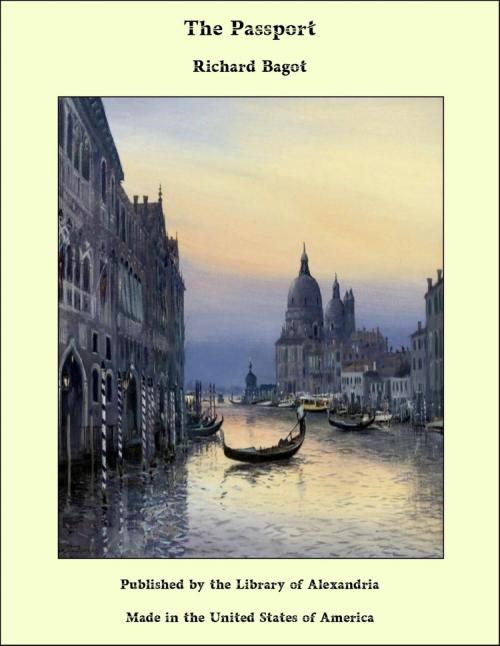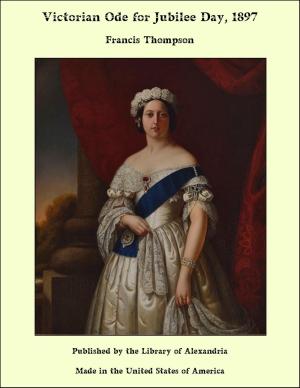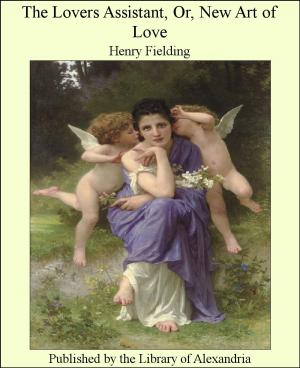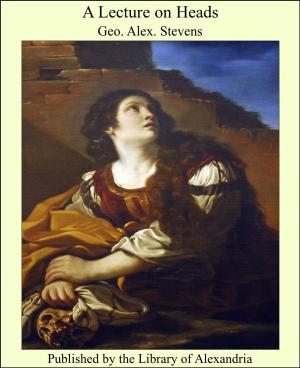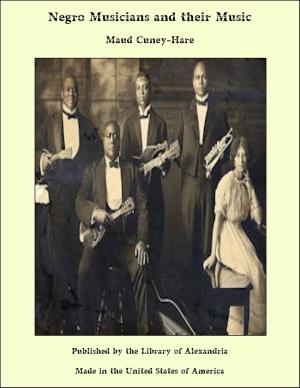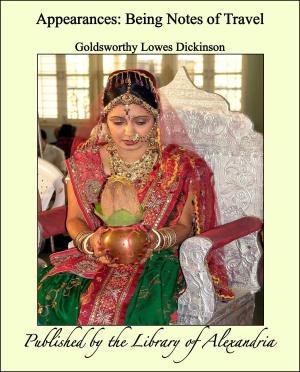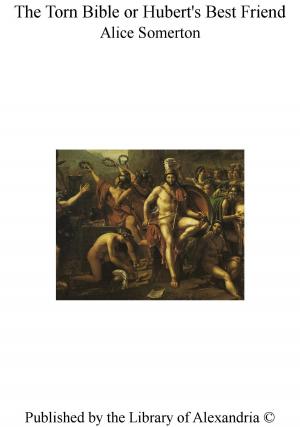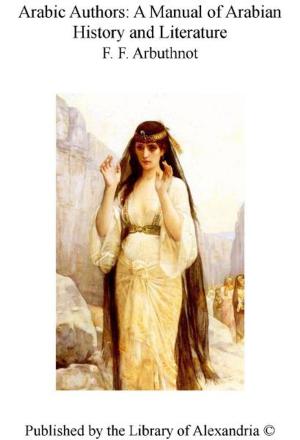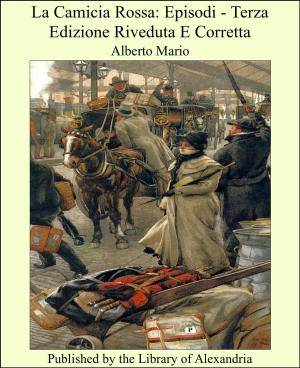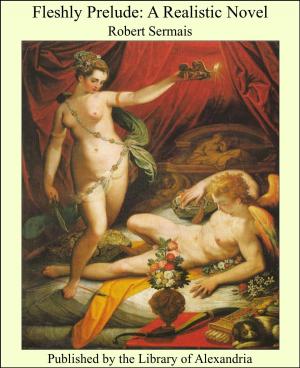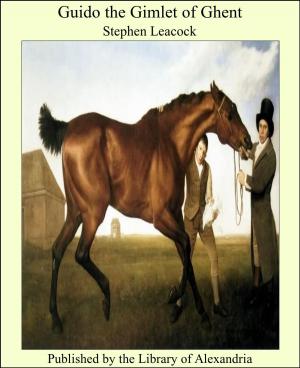| Author: | Richard Bagot | ISBN: | 9781465611222 |
| Publisher: | Library of Alexandria | Publication: | March 8, 2015 |
| Imprint: | Language: | English |
| Author: | Richard Bagot |
| ISBN: | 9781465611222 |
| Publisher: | Library of Alexandria |
| Publication: | March 8, 2015 |
| Imprint: | |
| Language: | English |
The fierce heat of the mid-day hours was waning, and the leaves stirred in the first faint breath of the evening breeze stealing over the Roman Campagna from the sea that lay like a golden streak along the western horizon. It was the month of the sollione--of the midsummer sun "rejoicing as a giant to run his course." From twelve o'clock till four the little town of Montefiano, nestling among the lower spurs of the Sabine Hills, had been as a place from which all life had fled. Not a human creature had been visible in the steep, tufa-paved street leading up to the square palace that looked grimly down on the little township clustering beneath it--not even a dog; only some chickens dusting themselves, and a strayed pig. The cicale, hidden among the branches of a group of venerable Spanish chestnuts on the piazza in front of the church, had never ceased their monotonous rattle; otherwise silence had reigned at Montefiano since the church bells had rung out mezzogiorno—that silence which falls on all nature in Italy during the hours when the sollione blazes in the heavens and breeds life on the earth. But now, with the first coming of the evening breeze, casements were thrown open, green shutters which had been hermetically closed since morning were flung back and Montefiano awoke for the second time in the twenty-four hours. A side door of the church opened, and Don Agostino, the parish priest, emerged from it, carrying his breviary in one hand and an umbrella tucked under the other arm. Crossing the little square hurriedly, for the western sun still beat fiercely upon the flag-stones, he sought the shade of the chestnut-trees, under which he began pacing slowly backwards and forwards, saying his office the while. A tall, handsome man, Don Agostino was scarcely the type of priest usually to be met with in hill villages such as Montefiano. His black silk soutane was scrupulously clean and tidy; and its button-holes stitched with red, as well as the little patch of violet silk at his throat, proclaimed him to be a monsignore. Nobody at Montefiano called him so, however. To his parishioners he was simply Don Agostino; and, in a district in which priests were none too well looked upon, there was not a man, woman, or child who had not a good word to say for him.
The fierce heat of the mid-day hours was waning, and the leaves stirred in the first faint breath of the evening breeze stealing over the Roman Campagna from the sea that lay like a golden streak along the western horizon. It was the month of the sollione--of the midsummer sun "rejoicing as a giant to run his course." From twelve o'clock till four the little town of Montefiano, nestling among the lower spurs of the Sabine Hills, had been as a place from which all life had fled. Not a human creature had been visible in the steep, tufa-paved street leading up to the square palace that looked grimly down on the little township clustering beneath it--not even a dog; only some chickens dusting themselves, and a strayed pig. The cicale, hidden among the branches of a group of venerable Spanish chestnuts on the piazza in front of the church, had never ceased their monotonous rattle; otherwise silence had reigned at Montefiano since the church bells had rung out mezzogiorno—that silence which falls on all nature in Italy during the hours when the sollione blazes in the heavens and breeds life on the earth. But now, with the first coming of the evening breeze, casements were thrown open, green shutters which had been hermetically closed since morning were flung back and Montefiano awoke for the second time in the twenty-four hours. A side door of the church opened, and Don Agostino, the parish priest, emerged from it, carrying his breviary in one hand and an umbrella tucked under the other arm. Crossing the little square hurriedly, for the western sun still beat fiercely upon the flag-stones, he sought the shade of the chestnut-trees, under which he began pacing slowly backwards and forwards, saying his office the while. A tall, handsome man, Don Agostino was scarcely the type of priest usually to be met with in hill villages such as Montefiano. His black silk soutane was scrupulously clean and tidy; and its button-holes stitched with red, as well as the little patch of violet silk at his throat, proclaimed him to be a monsignore. Nobody at Montefiano called him so, however. To his parishioners he was simply Don Agostino; and, in a district in which priests were none too well looked upon, there was not a man, woman, or child who had not a good word to say for him.
